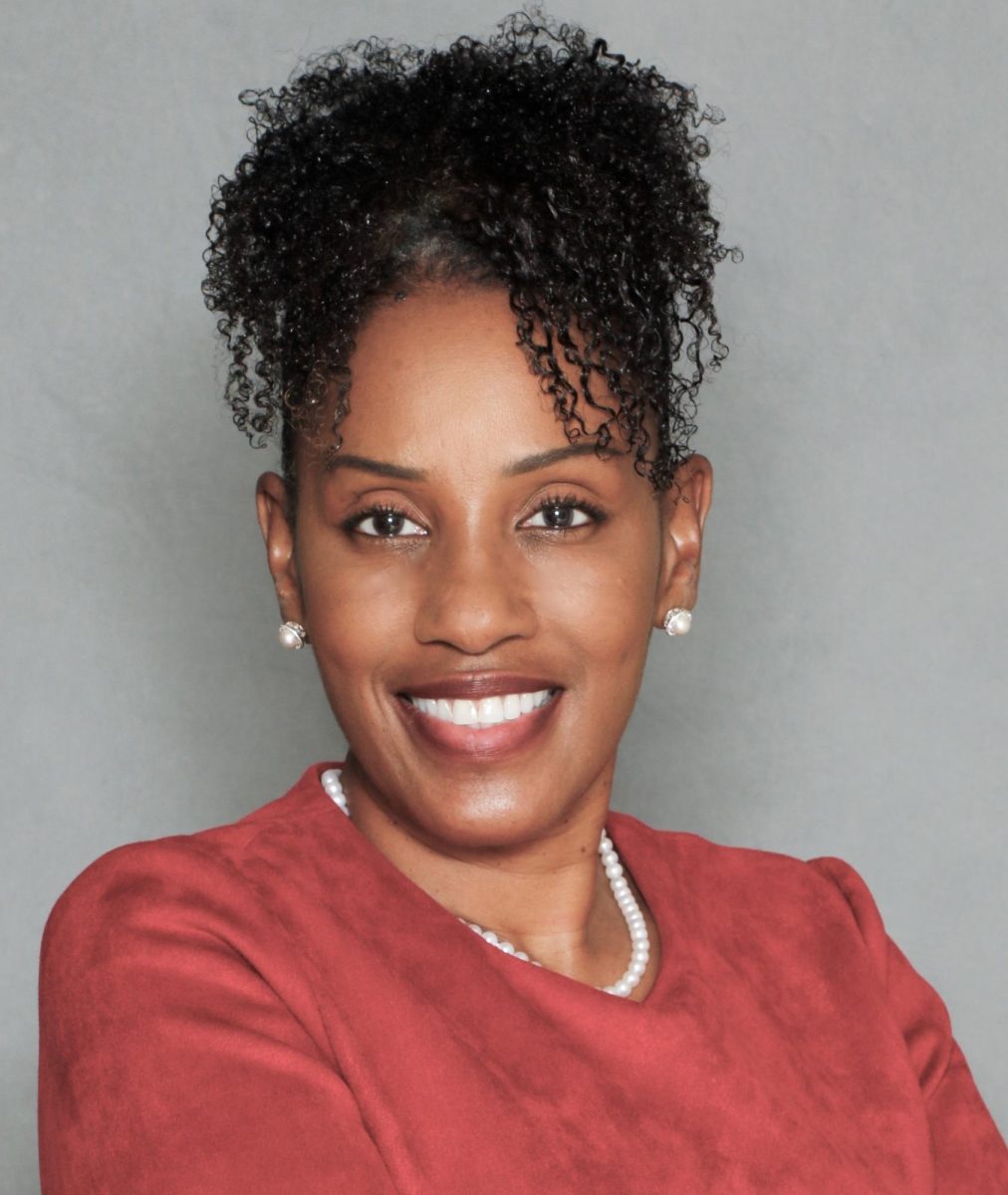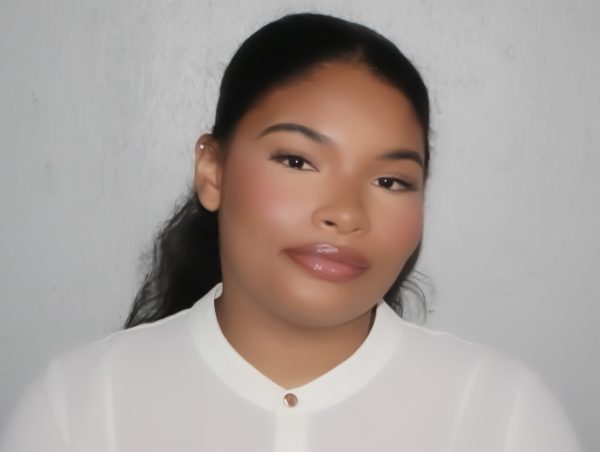Health disparities affect countless individuals and lead to preventable suffering. Recognizing this urgent issue, the nursing department at Mercy University, under the leadership of Dr. Kenya Beard, Ed.D., AGACNP-BC, ANEF, FAAN (Inaugural Dean and Chief Nurse Administrator), is taking significant steps toward change.
The newly launched Health Equity Influencers Program for Nurse Educators empowers nursing students and educators to confront health disparities within their communities.
This initiative officially began on June 21, 2024, following a revision of the school’s mission statement in September 2023. “Part of the mission is to graduate students who are prepared to become health equity champions,” explains Beard.
This mission has set the stage for a program focusing on training nursing educators. At the core of the nursing educators’ program is a commitment to confronting biases within nursing education.
Beard emphasizes, “We want to create a culture where there’s no longer tolerating injustice.” To accomplish this, the program includes anti-bias training which encourages educators to engage in deep self-reflection, recognizing both explicit and implicit biases that may influence their teaching.
This training seeks to enhance emotional intelligence among educators. Beard shares, “We are aiming for a level of self-awareness. Educators learn about emotional intelligence and how their actions impact their students and colleagues.”
The goal is to equip educators with practical tools to create a more inclusive and equitable environment.
The program also promotes open dialogue regarding injustices in nursing education.
“We might not be aware of the injustices present in nursing education,” Beard notes, urging students to speak up about their experiences.
This approach ensures that new nursing students can provide valuable insights that challenge the status quo.
A clear example of outdated biases in educational materials was highlighted by Beard during a recent conference.
She recalled something that occurred to her at a conference last month. “The speakers put up something that was in a textbook, and it said, if you’re Hispanic or Black, you’re more likely to be late to appointments, and white people value time more. That’s in a current book.”
Evidently, there is a need to revise educational content that may perpetuate harmful stereotypes.
The Health Equity Influencers Program includes 20 influencers from across the country, all working together to promote systemic change in health equity. “This program is not just about teaching nursing; it’s about forming a culture of equity and fairness within the healthcare system,” Beard asserts.
As Mercy University embraces this initiative, it is preparing students to be not only competent nurses but also advocates for systemic change in healthcare.
Looking to the future, Beard sees exciting growth for the program, as it branches out.
“Oh my goodness, yes. It’s like growing tentacles,” she remarks.
Currently, students are at the YWCA in White Plains, where they are teaching about asthma. “We know 10 people die every day from asthma,” Beard noted. They are working to raise awareness in the community about asthma management and how to support those affected.
Plans for outreach are expanding with requests for the program to provide health education in residential areas, including a location with nearly 200 women. Beard also notes opportunities abroad saying,
“We have people in Guatemala who want us to take students as a community health experience. So we can help, again, so that everyone gets that right to achieve their highest level of health.”
For those interested in learning more about the Health Equity Influencers Program for Nurse Educators at Mercy University or getting involved, reach out to the School of Nursing for more information at [email protected].










